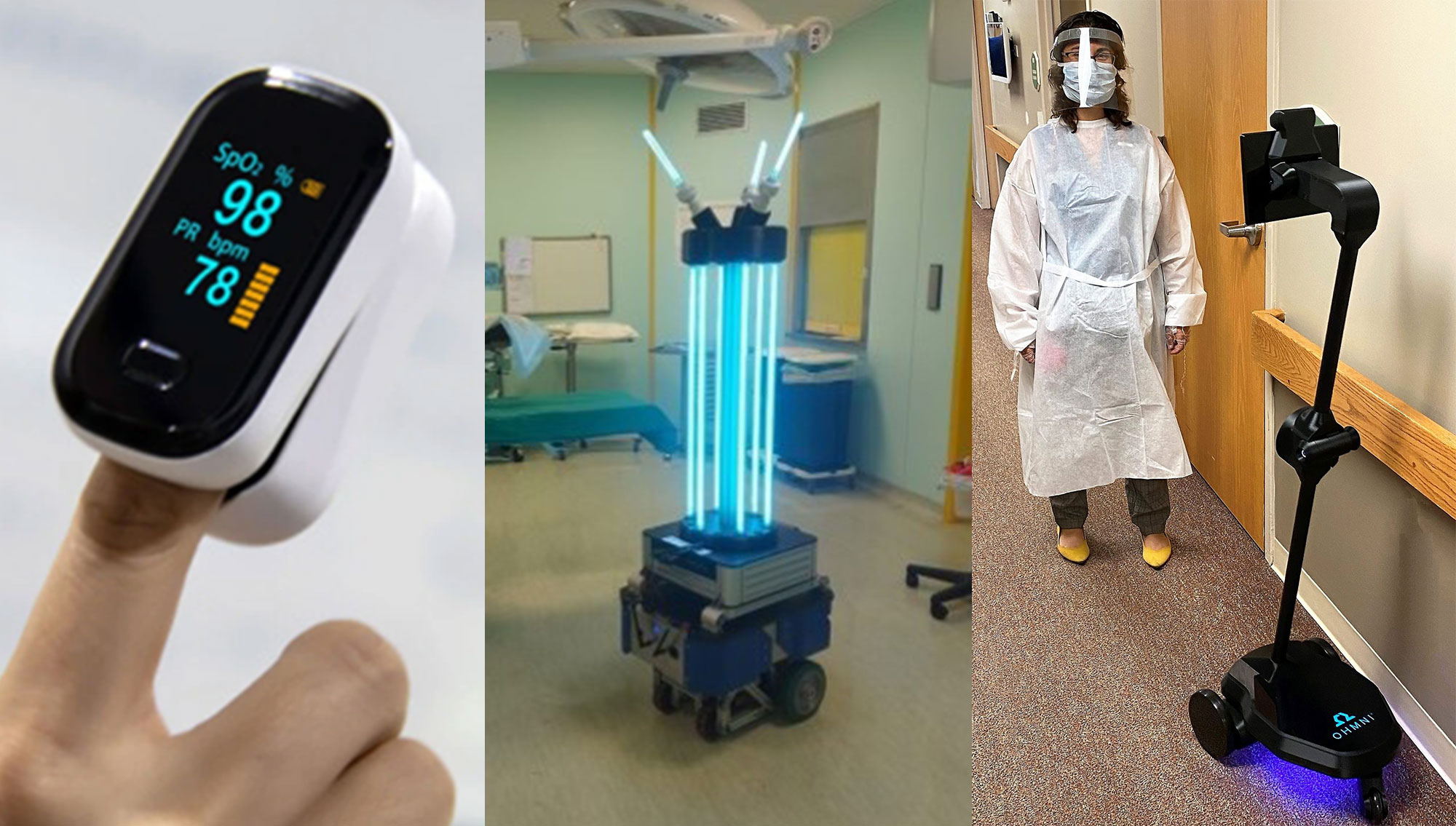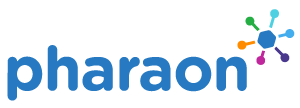
05 Oct Fast Pilot: a prompt reply to COVID-19 from the Pharaon project
Five million older people are estimated to develop infections within healthcare centres in the European Union each year. In addition, also caregivers and healthcare professionals are at risk of developing infections when taking care of the patients. Scientific studies have shown that about 50% of hospital furnishing, bathroom floors and beds are contaminated with Clostridium bacteria and that 52% of individuals develop infections by direct contact of hands and gloves with infectious agents that are present in healthcare institutes. The current spread of COVID-19 is only the latest threat to public health that healthcare centres have had to face.
Clinical practice management supported by robotic technology and ICT systems may be of help not only to face the COVID-19 pandemic but also to prevent the spread of other infectious diseases: a collaboration between autonomous robotic systems and the clinical staff could give rise to new prevention protocols that can timely and effectively stop the spread of those infectious diseases that are able to put public health at risk.
The main target of the Fast Pilot is the fast (two months) implementation of some scenarios: telepresence service, video calls, remote monitoring as first level scenarios; environmental sanitization as a second level scenario.
The challenge at the basis of this proposal is to drastically reduce social contact between patients and caregivers at home, in nursing homes, and hospitals, by introducing remotely controlled robotic systems that are able to help in some tasks, such as allowing relatives to “visit” the older patient or monitoring their health status.
Umana Persone, a partner in the Pharaon project for the Italian pilot in the region of Tuscany, through its network of cooperatives, operates directly in the territory, both at home and in nursing homes. The robotic telepresence system for home care assistance is based on the use of two robots, Double and Ohmni, through which it is possible for caregivers and social and health professionals to remotely provide the patients with assistance and to monitor their health status many times a day. Moreover, by remotely driving the robot through a web interface, it is possible for patients keep in touch with their relatives and friends.
The same robotic platforms are used also in nursing homes: the two robots allow professional caregivers to remotely monitor the health conditions of the older patients affected by or suspected to have developed COVID-19 and to register their needs many times a day. This technology allows the healthcare staff to reduce physical accesses to the patients’ rooms and limit the use of personal protective equipment while always guaranteeing their presence and assistance.
Concerning the use of video calls for home assistance, the mobile app EASI (E-Assistant for Senior Development) will be used. Thanks to a user-friendly interface that has been tailored to the needs of older persons, the patient is enabled not only to be constantly in contact with the healthcare staff but also to receive news and personalized information based on the patient’s preferences, conditions and geographic area. Thanks to this technology it was possible to guarantee constant monitoring and to detect possible critical conditions when hospital and outpatient services were suspended because of the regulations on social distancing.
In addition, patients, caregivers and the healthcare staff are periodically invited to fill out a survey for the evaluation of the efficacy of the assistance being provided.
The research hospital “Casa Sollievo della Sofferenza” is a clinical partner of the Pharaon project for the Italian pilot in the Apulia region. It entered the regional network of COVID-19 hospitals on 18th March 2020, and, to comply with the dispositions on social distancing for the reduction of virus transmission, has promptly introduced a telemedicine system which is relatively new and, having been adopted in only few centres so far, it is not yet fully regulated in Italy: teleconsultation. The experimental phase of this service has ensured that outpatient services could continue to be provided remotely. This was possible through the use of modern videoconferencing technologies and by fully adhering to the regulations on data protection, e.g. by sharing the privacy disclaimer on data protection with the patients. The hospital reservation system for outpatient services has been adapted to let patients do reservations from home. This adaptation includes the possibility to make electronic prescriptions in the hope that outpatient services provided via video call will be recognized eligible for reimbursement by the Region. This technological solution will be adopted also in the future, regardless of the current emergency situation.
At the same time, a remote monitoring system has been set up to support patients recovered from COVID-19, with the objective to guarantee medical follow-up during the first phases after hospital discharge. The service is started on the expressed will of the discharged patient. The system is centered on the “Zucchetti” web platform, which has been designed for the collection of data of interest for the healthcare professionals to enable the telemonitoring of patients. Monitored parameters are: blood oxygen saturation, body temperature, blood pressure and heart rate. Moreover, patients are administered surveys on their health status and enabled to fill them out directly from home, which allowed caregivers and physicians to offer multi-patient remote assistance with the support of an interactive dashboard on the web platform.
The Co-Robotics spin-off of the Scuola Universitaria Superiore Sant’Anna di Pisa, partner in Pharaon, has provided a modular robotic solution which is able to support the healthcare practice during the Covid-19 emergency, reducing the risk for infections and transmission of the virus.
This solution is based on the use of a platform (MoVer-1) that acts as a mobile base to a separated module, made of UV-C rays lamps perpendicular to the floor and 45° rotated lamps for the irradiation of flat surfaces, such as beds, desks, surgical lights, in order to protect the clinical staff, the cleaning staff, visitors and patients from possible risks of contamination, thus limiting the expenditure for supplemental assistance and improving the quality of the work conditions.
The aim of this project is therefore to test the technical feasibility of robotic technology in the described contexts and to evaluate to which extent it is accepted by the users as a means to promote new social lifestyles during epidemics that would contribute to limiting the risks related to very dangerous virus spreading. The results of this fast pilot may pave the way for future discussions on economic sustainability, such as a new care model.

